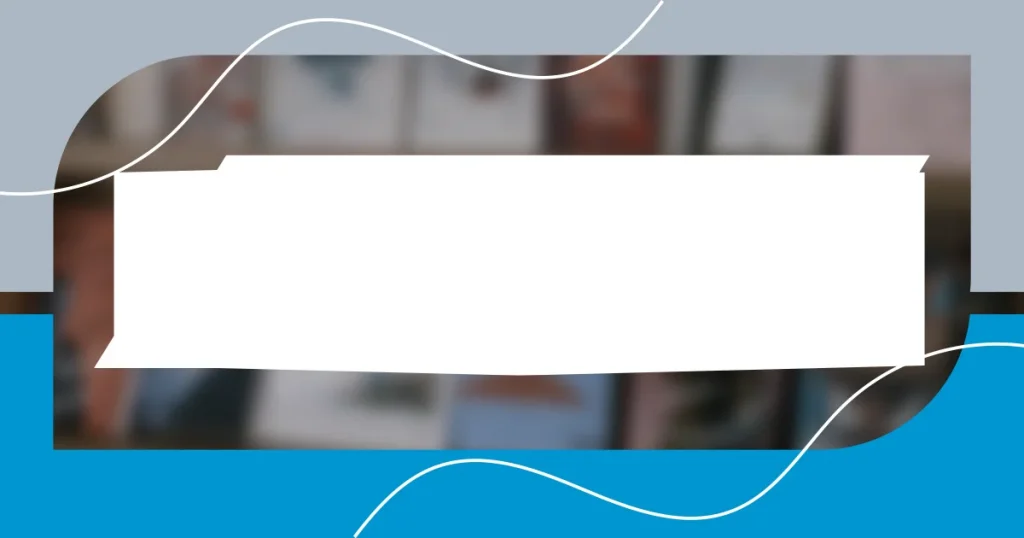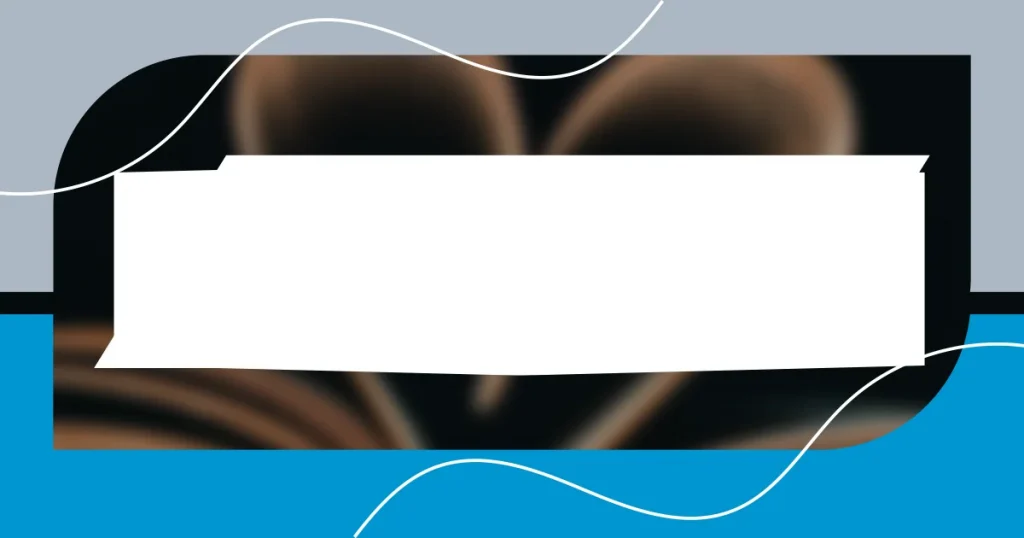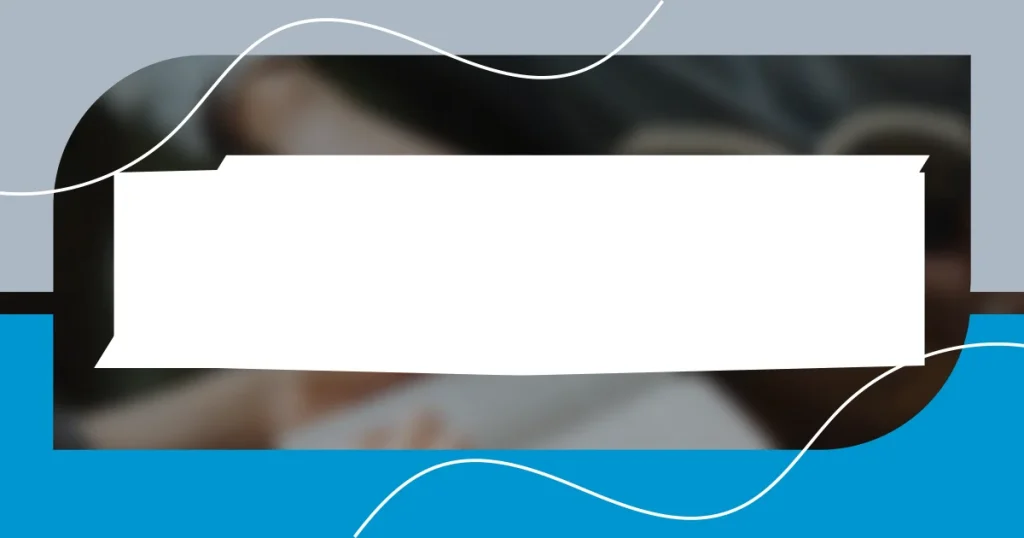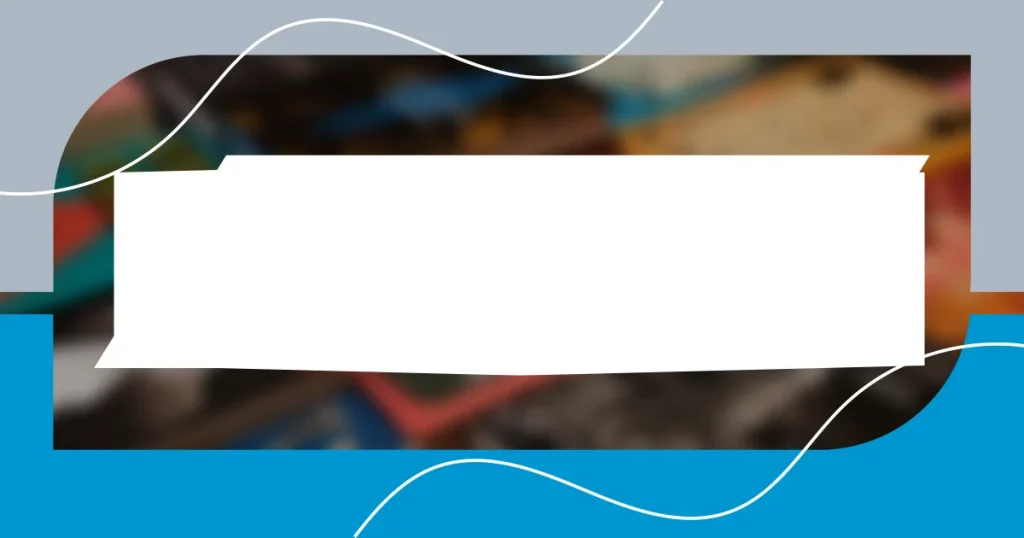Key takeaways:
- Exploring fiction genres offers diverse emotional experiences and personal connections, shaping individual reading journeys.
- Diverse narratives challenge preconceived notions and foster empathy, deepening understanding of different cultures and perspectives.
- Engaging with various genres can inspire critical thinking and transform perceptions, emphasizing the power of storytelling across all forms.
Understanding Fiction Genres
Fiction genres are like vibrant colors on an artist’s palette, each offering a unique tone and texture to storytelling. I remember picking up my first fantasy novel, completely captivated by the lush world-building and magical creatures; it was as if I had stepped into another universe. Have you ever felt that thrill when discovering a new genre that just clicks with you?
Exploring different genres allows us to connect with varied emotions and experiences. For instance, I’ve turned to historical fiction during tough times, finding solace in the resilience of characters who faced real-life struggles. It’s fascinating how genres can resonate with our personal journeys, isn’t it?
Each genre comes with its conventions and tropes, which both guide and challenge writers and readers alike. I often enjoy the thrill of romance novels; yet, I’ve been surprised to find deeper themes of self-discovery woven into the plotlines. Can genres evolve and blend together? Absolutely! This blending creates fresh narratives that invite us deeper into a story.
Exploring My First Genre
When I think about my first genre, fantasy, I remember the specific moment I dove into a book filled with dragons and quests. The freedom to explore a world unbound by reality stirred something inside me. Each page felt like an invitation to wander through enchanted forests, and I distinctly recall feeling that rush of excitement with every unexpected twist in the plot.
Revisiting those early memories, I realize how fantasy allowed me to escape from everyday life. I often sought refuge in those stories during my teenage years. An entire realm opened up, filled with epic battles and profound friendships. Have you ever turned to a book to find comfort? That’s exactly what those fantasy novels provided me.
Reflecting on this experience, I recognize the profound impact it had on my love for stories. Fantasy not only ignited my imagination but also inspired a sense of wonder that continues to influence my writing. It’s incredible how a genre can shape our perspectives and drive our passion for reading, don’t you think?
| Element | Fantasy Genre |
|---|---|
| First Impression | Captivating worlds and magic |
| Emotional Impact | Escapism and comfort |
| Lasting Influence | Inspired my writing journey |
Highlights of Major Fiction Genres
The beauty of fiction genres lies in their ability to evoke a wide array of emotions and thoughts. Growing up, I found myself gravitating toward mystery novels during rainy afternoons. The suspense, the thrill of piecing together clues, and the satisfaction of uncovering the truth absolutely captivated me. Each twist in the plot felt like a personal challenge, sparking my curiosity and keeping me on the edge of my seat.
Here are some notable highlights from major fiction genres:
-
Fantasy: Whimsical worlds filled with imaginative creatures and epic quests that allow readers to escape reality. My first encounter with fantasy felt like discovering a hidden door to new adventures.
-
Mystery: Intricate plots woven with suspense and hints that engage the reader’s intellect. I often found that sense of urgency and excitement could turn an ordinary day into an exhilarating quest.
-
Romance: Heartfelt stories exploring love and relationships, often intertwined with personal growth. There’s something beautiful about the way these narratives can reflect real-life experiences and emotions.
-
Science Fiction: Speculative realms that stretch the limits of possibility and examine future societies. I remember my fascination with how these stories questioned our present world and ignited my imagination about what lies ahead.
-
Historical Fiction: Rich narratives that blend fact and fiction, bringing past events to life. I treasured the way these stories made history feel tangible and relatable, allowing me to connect deeply with the struggles and triumphs of characters who lived long ago.
Each genre leaves its mark, shaping not only my reading habits but also my understanding of diverse perspectives and emotions. It’s remarkable how diving into different genres can illuminate parts of ourselves we didn’t know existed.
Delving into Specific Genres
While I delved into mystery novels, I vividly remember the thrill of the unexpected. Turning each page, I felt a rush of adrenaline as I unraveled clues alongside the protagonists. The sense of urgency often mirrored my own life—didn’t we all crave a little adventure? I found myself racing to the end, desperate to solve the puzzle before the last chapter closed.
Transitioning to romance, I discovered captivating tales of love that pulled at my heartstrings. I still recall one particular novel that left me sobbing and smiling all at once. Those tales not only reflected my own desires but also offered insight into relationships I hadn’t yet experienced. Isn’t it fascinating how a story can evoke such a spectrum of emotions?
As I explored the realms of science fiction, my imagination leaped into uncharted territory. I encountered worlds that challenged the very fabric of reality, making me ponder the implications of technology and humanity’s future. I often asked myself, what would it be like to live in a society shaped by advanced AI? Those stories not only thrilled me but also fostered a greater understanding of our own world and the choices we face.
The Impact of Diverse Stories
Diverse stories offer a mirror reflecting our multifaceted world, sparking empathy and understanding. I still remember the first time I read a novel set in a culture vastly different from my own. It was eye-opening and unsettling in the best way possible. As I immersed myself in those characters’ struggles and triumphs, I couldn’t help but feel a deep connection to experiences that were not my own. Isn’t it fascinating how a tale from another culture can bridge gaps and build empathy?
When I think about the impact of diverse narratives, I recognize how they challenge preconceived notions and expand our horizons. I recall a powerful book from an indigenous author’s perspective that profoundly shifted my understanding of history. Prior to reading it, I had been unaware of the nuances and complexities behind that narrative. That story compelled me to question the typical historical accounts I learned and invited me into a world rich with tradition and wisdom. How often do we overlook the importance of these alternative voices in our collective narrative?
The effects of diverse storytelling extend beyond the individual; they can inspire change on a broader scale. For instance, I attended a local book club discussing a globally diverse selection of authors. The conversations were lively and often emotional, revealing how those stories resonated with personal experiences in the members’ lives. It struck me that these discussions fostered a sense of community and solidarity among us, demonstrating that literature can ignite important societal conversations. Doesn’t it remind us of the power we hold when we share stories that challenge norms and celebrate our differences?
Tips for Genre Exploration
When exploring new genres, I recommend setting specific reading goals. I once challenged myself to read one book from each genre every month. This approach not only expanded my literary horizons but also added a sense of excitement to my reading list. Have you ever felt the thrill of diving headfirst into a new world? You might be surprised by how your preferences change as you experience different styles and themes.
Another tip is to take advantage of book recommendation sites and communities. I have found that platforms like Goodreads offer invaluable insights; you can see what others loved and why. Recently, I joined an online book club focused on fantasy literature, and it opened my eyes to sub-genres I’d never considered before. The discussions we had were enriching, and I found myself eager to explore those hidden gems. Isn’t it wonderful how connecting with fellow book lovers can lead you to stories you might otherwise miss?
Lastly, don’t hesitate to re-read old favorites in a new genre context. I remember returning to a classic novel, but this time viewing it through a lens of magical realism. It completely transformed my understanding of the text! This technique not only adds depth to your reading experience but also illustrates how versatile stories can be. Have you ever noticed how a familiar story can feel so different when seen from a fresh perspective?
Reflecting on My Genre Journey
Reflecting on my genre journey, I often find myself marveling at how each new category has shaped my reading palate. One particular moment stands out: I stumbled upon a magical realism novel that opened my eyes to the layers beneath everyday realities. It was as if I’d been handed a key to a secret door, and each page revealed a world where the mundane intertwined with the extraordinary. Have you ever had a reading experience that made you see life differently?
There was a time when I was hesitant to explore non-fiction, convinced that only fiction could truly transport me. However, after picking up a memoir that narrated the life of an artist in a war-torn country, I discovered a wealth of insights I had overlooked. The emotions were raw and real, pulling me into the depths of human experience. It made me realize that stories, regardless of their form, have the power to resonate deeply within us. Isn’t it amazing how a different genre can remind us of our shared humanity?
As I reflect on this journey, I appreciate the moments of discomfort that diverse genres often bring. I remember grappling with a challenging dystopian novel that made me confront uncomfortable truths about society. Those reflections weren’t easy, but they forced me to engage with ideas I would have preferred to ignore. Isn’t it rewarding when literature pushes us to think critically and expand our viewpoints?











